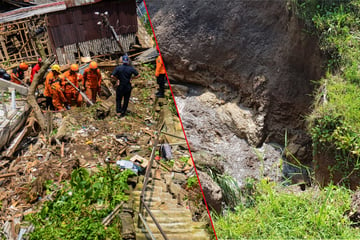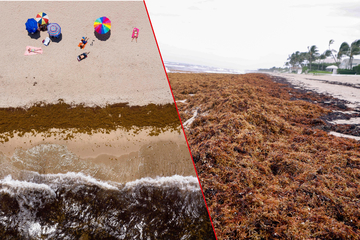A quarter of humanity hit by drought: What now?
In a report released by the United Nations, it has been revealed that in 2022 and 2023, more than a quarter of humanity has lived under drought conditions. But what does this mean for those it affects?
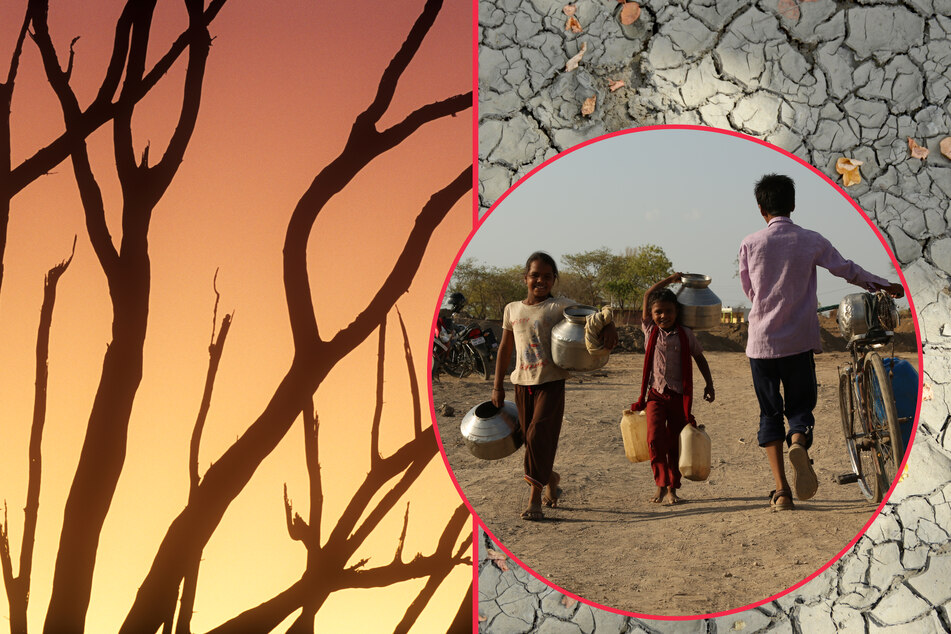
The Global Drought Snapshot 2023 has just been released by the United Nations and paints a grim picture of a widely under-reported issue. Drought, now affecting more than a quarter of all people around the world, comes with devastating natural and human consequences.
At home, over the course of only the last two years, the United States has seen shockingly low water levels in California, the need to impose water cuts in Colorado, and record wildfires. Yet, these effects pale in comparison to the extent of drought-related destruction we face.
"Drought knows no boundaries, affecting both developed and developing countries," UN Executive Secretary to the Convention to Combat Desertification Ibrahim Thiaw wrote in the report's foreword. "Its impact goes far beyond the immediate lack of water."
More than 1.84 billion living under drought worldwide, mostly in the developing world
While developed countries, notably the US and Australia, have suffered from severe droughts over the last few decades, the worst affected countries are, and will continue to be, in the global south.
A 2023 World Bank statistic quoted (on pages 11 and 16) in the UN report reveals that at least 85% of people affected by drought live in either low or middle-income countries. As a result, many of the 1.84 billion people currently impacted are in positions that are unequipped to handle the effects of drought.
"In high-income countries, extreme droughts reduce growth by a little less than half the impact felt in developing countries."
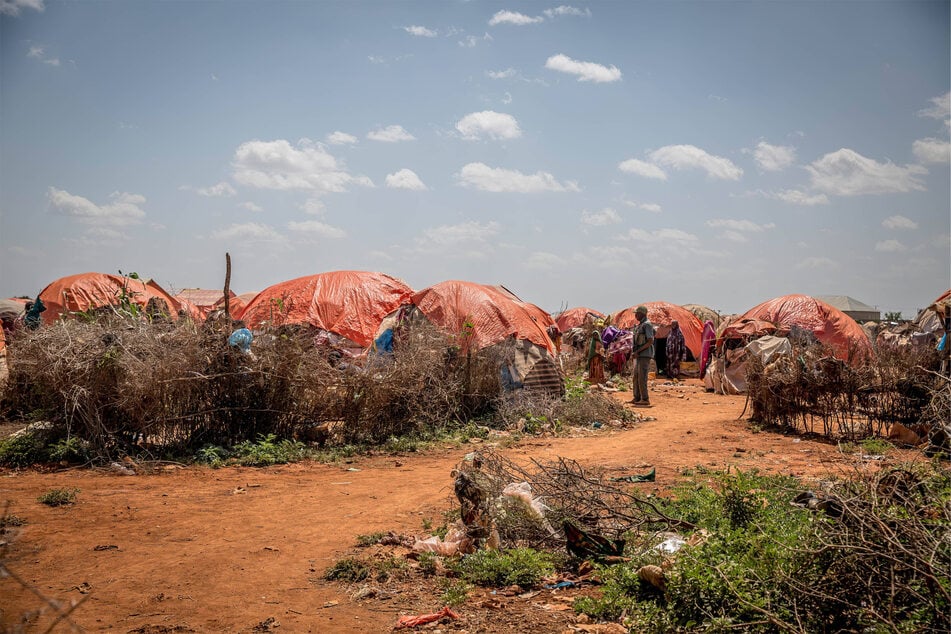
The human impact of drought
The United Nations warned in 2022 that more than 22 million people could be at risk of starvation as a result of severe drought conditions experienced on the Horn of Africa, particularly in eastern Ethiopia, Somalia, and northern Kenya.
As a lack of water creates a collapse in the agricultural economy of developing countries, a lack of supply is induced, pushing up prices in communities where the average income is already worryingly low. In the meantime, the collapse of these local economies puts less money in those same people's pockets.
Of additional importance is the disruption of global food supply chains. As Thiaw writes: "Livelihoods are destroyed, with farmers and pastoralists struggling to sustain their way of life... The economic losses associated with drought are estimated to be in the billions of dollars annually."
Meanwhile, scientists have concluded that the three-year-long drought in Syria and Iraq (the latter saw 61 percent of households face water shortages in 2022) would not have been as extreme had it not been for climate change, the New York Times reports.
Moving to the Pacific, the impact of drought fears in Australia has seen record-low farmer confidence, further exasperating economic woes. This is largely on account of the El Niño weather phenomenon, which is causing fears right across the Indo-Pacific region.
The United Nations report also confirms that severe droughts not only impact food supply chains and cause famine but also increase forced migration, have severe economic impacts, hit women and children especially hard, and have a variety of "Cascading effects."
"Due to these prolonged dry shocks," the World Bank says, "The world is on a path to even greater losses in economic growth and development gains."
UN declares drought an "unprecedented emergency on a planetary scale"
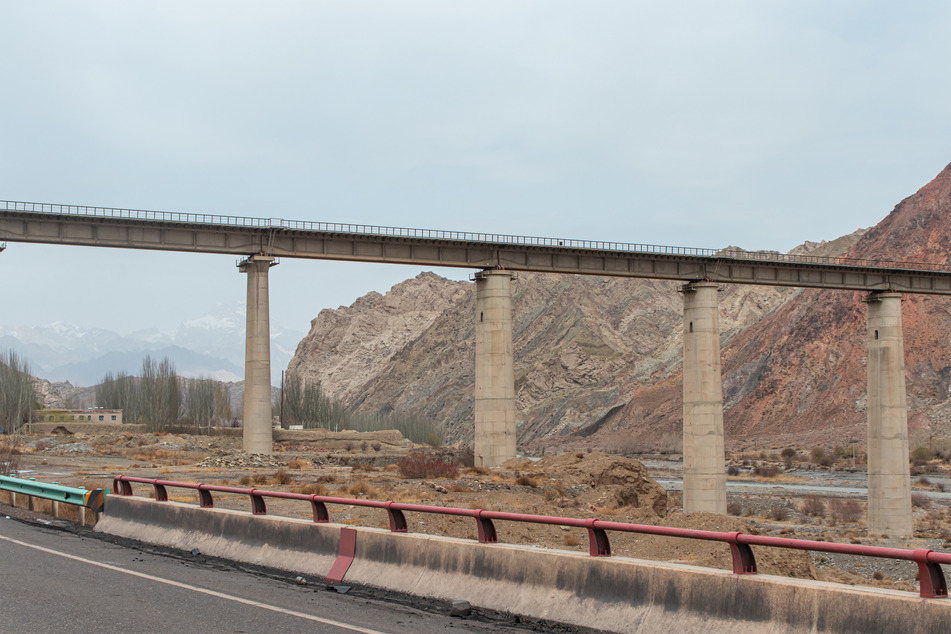
In the "possible futures" part of the 2023 report, the United Nations identifies that many of the risks we face are down to what they call "false facts." The misconceptions they target include, but are not limited to, climate change denial, the belief that "time is on our side," and that "big business will save us."
One of the biggest solutions that the report puts on the table is increasing global commitment to sustainable development. They also suggest radical overhauls of disaster-related insurance, water storage and management, and climate action strategies.
With more than a quarter of humanity living through the ravages of drought, flow-on impacts are already being felt economically and socially. The report's epilogue makes this clear when it identifies that we are already seeing drought-related "famine; forced migration surges globally; violent water conflicts."
"We are facing an unprecedented emergency on a planetary scale, where the massive impacts of human-induced droughts are only starting to unfold."
Cover photo: Collage: IMAGO/Pond5 Images & Unsplash/Gyan Shahane
